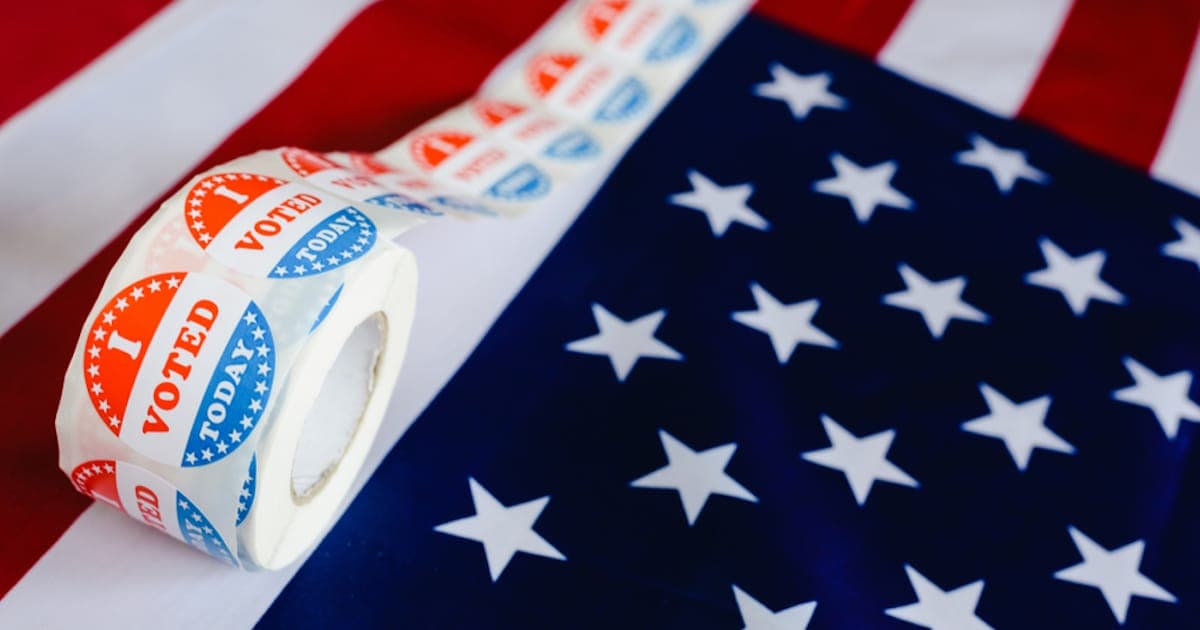23 Utah Cities Adopt Ranked Choice Voting for 2021 Elections

It is only May and already 2021 has been a monumental year for ranked choice voting. Not only is RCV being used for the first time in New York City, but 23 Utah cities have passed ordinances to use it in upcoming elections.
FairVote, the nation’s preeminent advocate for ranked choice voting, reports that the addition of 23 Utah cities more than doubles the number of upcoming mayoral races that will use RCV, and includes Salt Lake City and its population of 200,000 residents. The cities voted specifically to use RCV in November elections and will vote each year to continue using it.
“This is a substantial victory for everyone who wants fairer outcomes from our elections,” shared Rob Richie, CEO and President of FairVote.
It is worth noting that both major parties in Utah used ranked choice voting during their state conventions in 2020, including the Utah Republican Party. According to a survey reported on by FairVote, 95% of GOP delegates were “Satisfied” or “Very Satisfied” with the ranked choice voting process.
“Good governance starts locally, which is why we’re thrilled so many Utah cities have embraced ranked choice voting,” stated Stan Lockhart, former Utah GOP chair and RCV advocate with Utah Ranked Choice Voting.
The Utah GOP is not the only Republican Party embracing RCV. The Virginia Republican Party successfully used RCV this year to choose its nominee for governor. FairVote notes that one of the candidates, Amanda Chase, who placed third, encouraged her supporters not to rank the candidates. Yet, 74% of them did, and had their ballots count toward the sixth and final round.
In the end, Glenn Youngkin took the nomination, starting with a 7-lead that expanded each round.
“Conservatives don’t embrace electoral reforms haphazardly; this was a common sense decision for Virginian Republicans.” said Eric Wilson, a Virginia GOP delegate and Director of the Center for Campaign Innovation.
Ranked choice voting continues to be the reform with the most momentum behind it across the country. Along with numerous campaigns that have emerged and continue to emerge in cities and states throughout the US, RCV is scheduled to be used for the first time in New York City’s June primaries, along with the November elections in Amherst and Easthampton, Massachusetts, and Bloomington and Minnetonka, Minnesota.
 Shawn Griffiths
Shawn Griffiths


